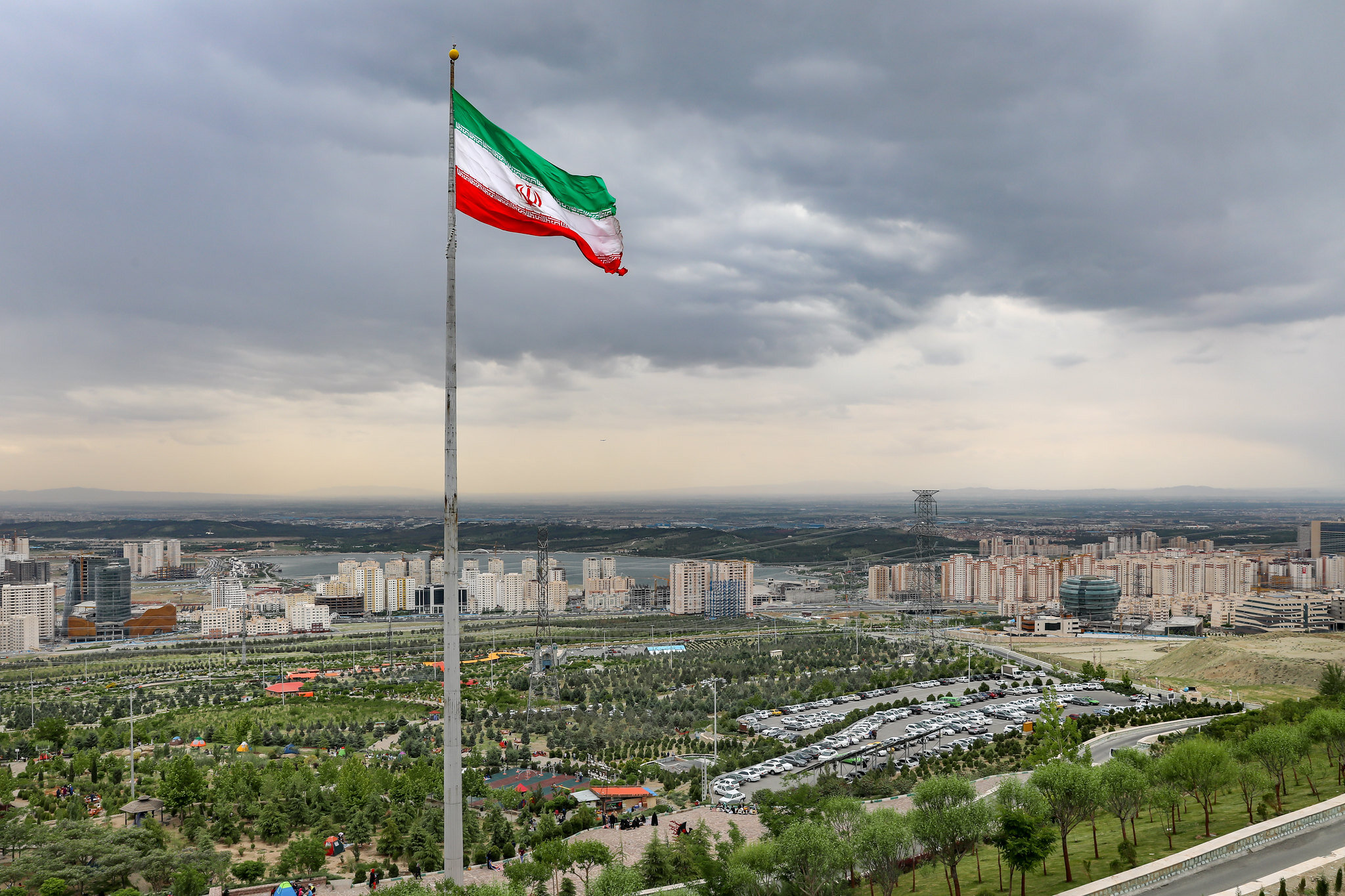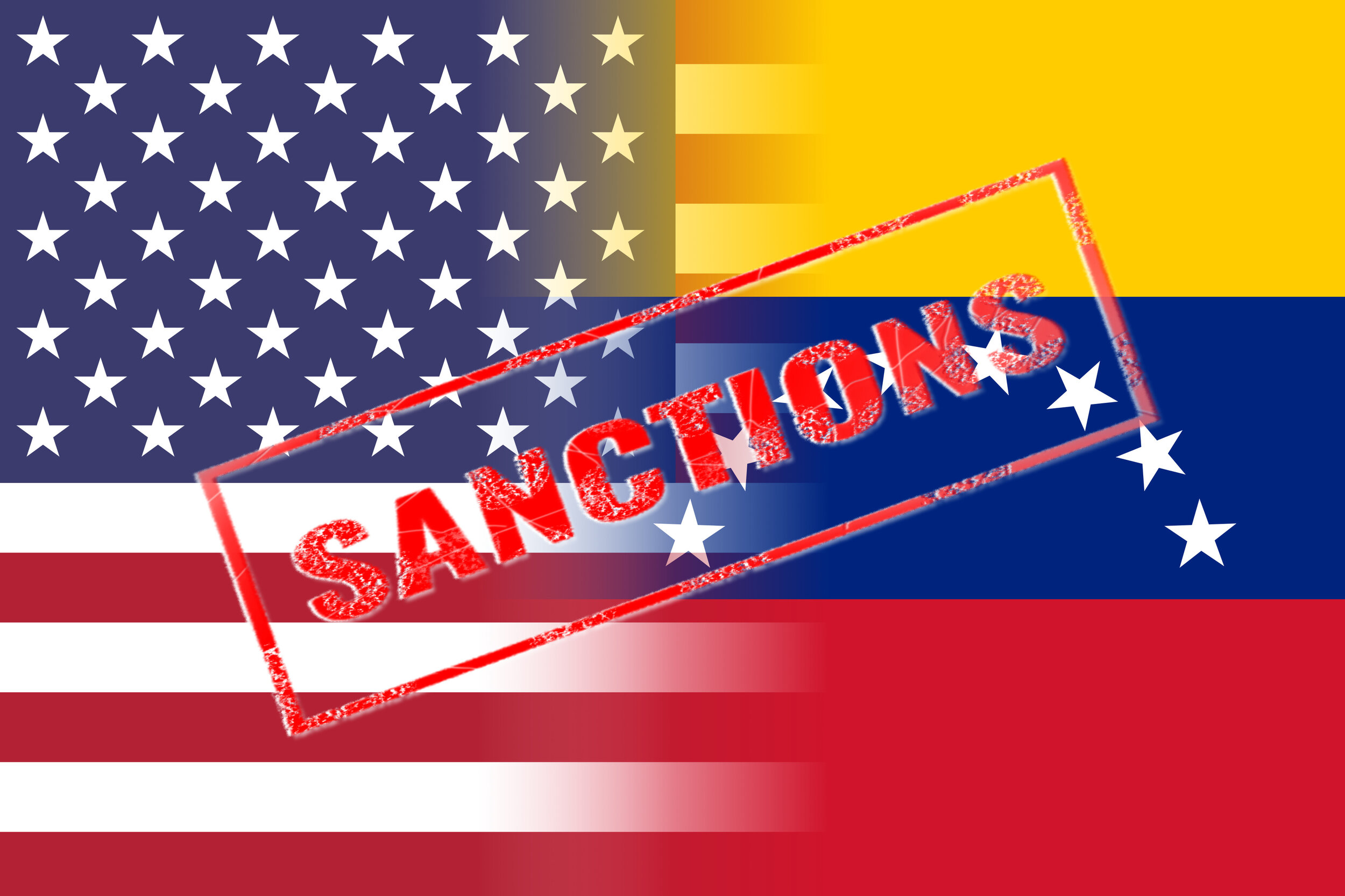PICTURED: Tehran Waterfall Park and a new Tehran district. Photo credit: Ninara. CC 2.0.
July 27th, 2020. An unnamed Swiss pharmaceutical company has completed a large shipment of humanitarian aid to Iran through a new humanitarian channel which bypasses U.S. sanctions on Iran’s economy, protecting the Swiss companies from reprisal with the U.S.
The Swiss Humanitarian Trade Arrangement (SHTA) started trial operations in January to supply the disabled economy of Iran with medicine and food – items permitted to enter the country under the sanctions regime. It consisted of a 2.3 million euro shipment of drugs designed for organ transplants, with the most recent shipment containing a variety of medical supplies including drugs needed to help with blood transfusions.
“We would like to emphasise that the operationalisation of the SHTA is progressing and that a number of companies have already been approved, more companies will follow. Further transactions should be carried out shortly,” the State Secretariat for Economic Affairs (SECO) of Switzerland told Al Jazeera by email on Monday.
Under the 2015 Joint Comprehensive Plan of Action signed by former U.S. president Barack Obama, there should have been many more of these payment and humanitarian service channels originating in Europe, through which Iran could relieve the burden of future sanctions, especially now after Donald Trump withdrew the United States formally from the treaty and reimposed – and then increased, the sanctions.
In early May of 2019, German Foreign Minister Heiko Maas announced, after a demand by Iran that Europe hold to their part in the agreement, that INSTEX, one of these sanctions-relief channels would be operational shortly after.
“…all the formal requirements are in place now, and so I’m assuming we’ll be ready to use it in the foreseeable future,” said Maas at the time.
INSTEX was not deployed in any meaningful way, and Tehran’s ultimatum, despite, Maas’ claims, was not observed. Iran would later complain that she was the only one adhering to the deal – which even now she still is.
Sanctions act like Collective Punishment
“…the US measures targeting everything from oil sales to shipping and financial activities have deterred several foreign banks from doing business with Iran – including humanitarian deals,” wrote Al Jazeera.
Sanctions can weave a complicated legal network around doing business in a country. A commonplace theme is that members of governments or companies considered hostile to U.S. interests will be sanctioned for crimes against their people.
These sanctioned parties work with banks, as almost every human on earth does to some degree. It’s almost impossible then, for the United States to not sanction the bank the previously-sanctioned individual uses, or else he can wire and receive wires, allowing him to continue doing whatever it is he was doing to justify sanctioning.
For example the Caesar Syria Civilian Protection Act, which after being examined by the the Danish Institute for International Studies, was shown in a corresponding report to “come at a significant socioeconomic cost to the Syrian population”:
“Complying and over-complying with the sanctions, international financial institutions have been highly reluctant to service Syrian nationals. This has indiscriminately presented all citizens and private businesses with bank accounts and credit cards with difficulties in performing international transactions, including transfers of remittances from abroad and external trade. As a result, private sector import and export of all types of products has been negatively affected….”
Therefore in a phenomenological way, it’s impossible for sanctions not to damage the economic well-being of the citizenry.
This is also the case with the panoply of sanctions placed upon the government, banks, and companies, and therefore people, of Venezuela. In a report, from the Center for Economic and Policy Research, UN economists Mark Weisbrot and Jeffery Sachs found that sanctions in Venezuela had likely killed over 40,000 people in the country, and fit all the criteria for collective punishment, as understood as a crime against humanity in international law under the Hague and Vienna Conventions.
Remarking on a headline in the Washington Post, Greg Shupak notes the difficulties with trying to reason that the Caesar Civilian Protection act will harm the Assad regime without destroying the economy and medical industry, when he wrote for Fairness and Accuracy in Reporting:
“It doesn’t trouble the paper that this blow is being dealt by instituting more of the sanctions that have made it nearly impossible to import medical instruments and other medical supplies, and that have led to shortages of medicine.”
Continue exploring this topic — According To UN, U.S. Sanctions Responsible For Thousands Of Venezuelan Dead




